Introduction to Kapasa Makasa University:
Introduction: Kapasa Makasa University is a public university in Zambia, committed to providing high-quality higher education in science and technology and other fields, focusing on cultivating students' innovation and professionalism.
Overview
Established: 2021.
Location: Located in Mulakupikwa Village, Chinsali Township, Muchinga Province, Zambia, along the Great North Road.
Student Size: It is a smaller university with a student population of between 500-999.
History: The university was originally the Chinsali Integrated Staff Training College under the Ministry of Home Affairs during the First Republic of Zambia, used as a police training facility. On July 29, 1996, the Cabinet transferred the facility from the Ministry of Home Affairs to the Ministry of Education. Later, President Levy Mwanawasa appointed a committee headed by Professor Geoffrey Longwangwa, which recommended that it be developed into a center of scientific and technological excellence in university education, and finally became Kapatha Makassa University in 2021.
School Strength: Although it is a young university, it has cooperation with multiple institutions such as the Higher Education Loan and Scholarship Commission of Zambia, the Technical Education, Vocational and Entrepreneurship Training Bureau, etc., to provide students with a broader development space and resource support.
Institutional Nature: Public, non-profit university.
Educational Philosophy: Adhering to the concept of "learning to innovate", focusing on cultivating students' innovative thinking and practical ability, encouraging students to explore new fields in academics and practice, and promoting the innovation and application of knowledge.
Key Laboratories and Disciplines
Key Disciplines: Computer Science and Technology, Fisheries and Aquaculture, Sustainable Agriculture, Animal Science and other majors are opened, which are the key development directions of the school.
Key Laboratories: There are no particularly prominent key laboratories reported publicly, but there are basic laboratories in the teaching and research of related disciplines to support teaching and scientific research.
Faculty: There is no clear division of faculties, but there is a School of Applied Sciences, which includes the Department of Computer Information and Communication Technology, the Department of Agriculture and Fisheries Science, etc.
Ranking: According to 4icu.org data, the university is ranked 13448 in the world in 2024 and 38 in Zambia.
Cost: There is no public information on tuition fees and other expenses.
Campus environment: The campus covers an area of about 200 hectares and has basic teaching facilities such as teaching buildings and libraries. The school focuses on creating a good learning and living environment for students. The natural environment around the campus is beautiful and the transportation is relatively convenient.
-
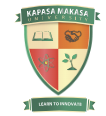
Kapasa Makasa University
-
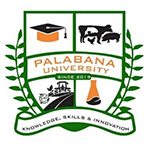
Palabana University
-
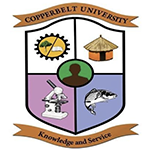
The Copperbelt University
-
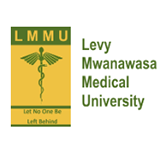
Levy Mwanawasa Medical University
-
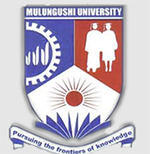
Mulungushi University
-
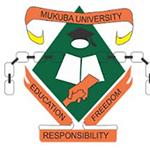
Mukuba University
-
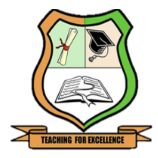
Kwame Nkrumah University
-
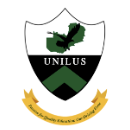
University of Lusaka
-
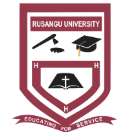
Rusangu University
-

Northrise University
-

Mesoamerican University
-

Istmo University
-

Mariano Galvez University of Guatemala
-

Regional University of Guatemala
-

Galileo University
-

Francisco Marroquín University
-

Rafael Landívar University
-

University of the Valley of Guatemala
-

University of San Carlos of Guatemala
-

Technological Institute of Tlaxcala Plateau
-

Golfo University
-

Technological University of South Sonora
-

Technological University of Huejotzingo
-

Tizimín Institute of Technology
-

Chilpancingo Institute of Technology
